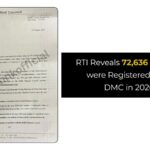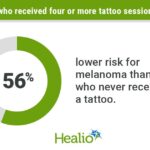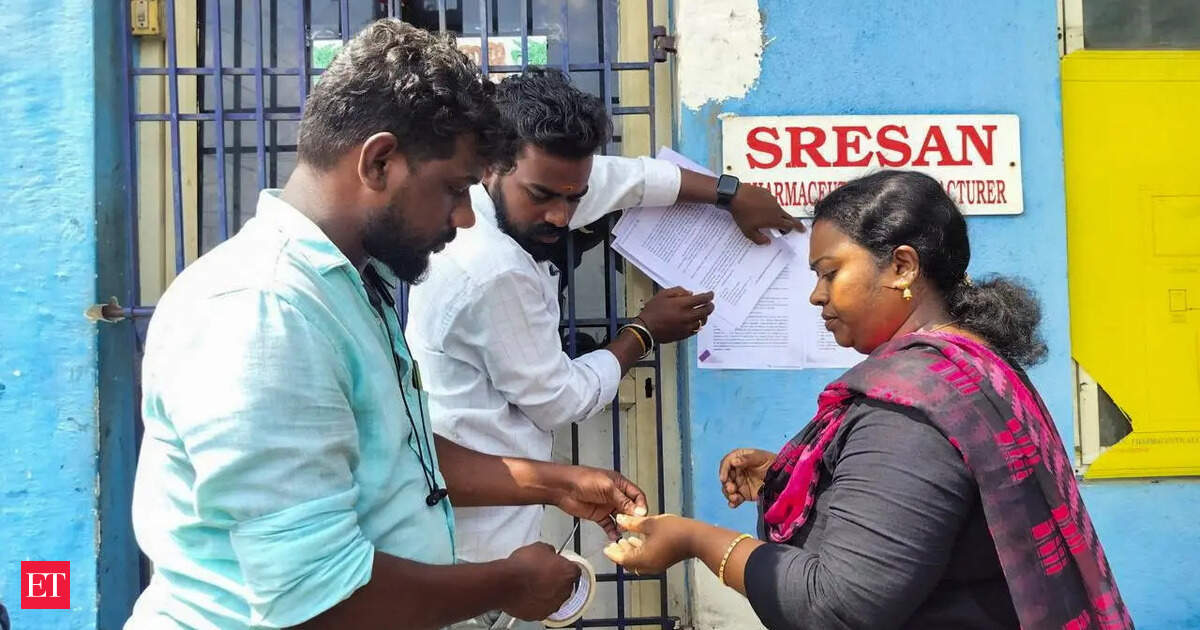
US biotechs Acadia Pharma and Harmony Biosciences have both suffered setbacks in phase 3 trials of drugs for rare diseases – respectively Prader-Willi and Fragile X syndrome, and in one case at least, it is terminal for the programme.
Acadia’s disappointment came from the COMPASS PWS trial testing intranasal carbetocin (ACP-101) for its ability to step people with PWS overeating (hyperphagia), but revealed no improvement of the drug over placebo on any endpoints.
The San Diego-based company has said it will end development of the drug in PWS, a rare genetic disorder that causes an intense and incessant urge to eat that can lead to dangerous weight gain, and is “disappointed by these findings, especially for Prader-Willi syndrome patients, their families and the entire community.”
The demise of carbetocin means that there will still be only one treatment option for people living with PWS, at least for the time being. In March, Soleno Therapeutics’ Vykat XR (diazoxide choline) became the first FDA-approved treatment for the disease in patients aged four and over.
While Vykat XR also missed the mark on the hyperphagia endpoint in its phase 3 trial, there were positive effects on secondary measures, such as aggressive and destructive behaviours, fat mass, and other metabolic parameters, that unlocked the door to regulatory approval.
Acadia chief executive Catherine Owen Adams said the company would be able to weather the failed programme as it has two approved products – Nuplazid (pimavanserin) for Parkinson’s disease psychosis and Daybue (trofinetide) for Rett syndrome – that she expects to generate more than $1 billion in combined revenue this year.
Philadelphia-based Harmony can also draw comfort from having a drug on the market generating healthy revenues, narcolepsy treatment Wakix (pitolisant), but the failure of its synthetic cannabidiol (CBD) gel candidate ZYN002 in the RECONNECT study is nevertheless a big disappointment for the company as well as patients and their families.
Fragile X is a neuropsychiatric disorder with no FDA-approved therapies and is a leading cause of inherited intellectual disability and autism spectrum disorder (ASD). Two years ago, Harmony paid $60 million in cash to acquire ZYN002’s developer Zynerba, with another $140 million on offer if the drug reached the market and met sales targets.
Sadly, ZYN002 wasn’t able to achieve the primary endpoint in RECONNECT, an improvement in social avoidance, which the company put down to an unexpectedly high response in a matched placebo group.
Harmony has said it still needs to examine the data before taking a decision on the future of the programme, and chief executive Jeffrey Dayno said the company has “a late-stage, catalyst-rich pipeline with multiple phase 3 programmes,” including readouts for a new high-dose formulation of pitolisant in narcolepsy and idiopathic hypersomnia before the end of this year.









